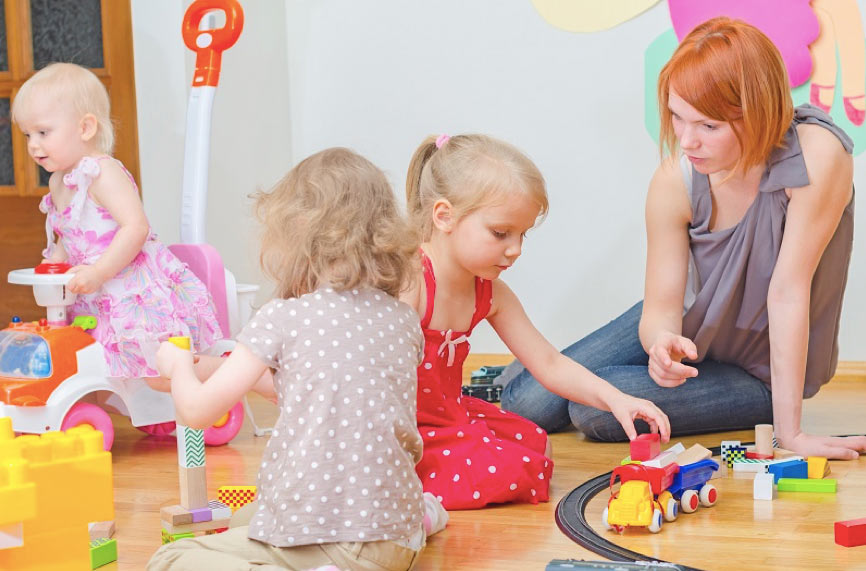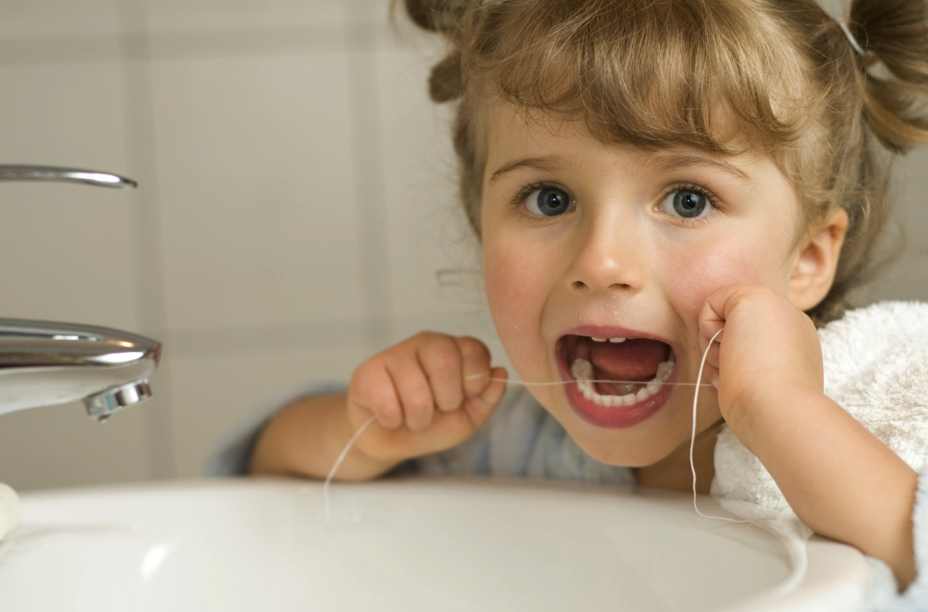Education is an integral part of life because it helps people build character, intellect, and opinions. With it comes many benefits and not just for the individual but for the society and the country as a whole. Education increases the chance of leading a happier and healthier life, improves career prospects, and boosts the economy.
What’s the importance of education for children, though? Most children know that they have to go to school, but what they don’t understand is why. Education paves the way for many opportunities in life and allows people to expand or broaden their perspectives. This is why it is important to find the right infant care tampines for your child to give them the right start in life.
Education strengthens nations! The learning process is instrumental when it comes to shaping a child’s personality, and the way they deal with different situations life presents them with later on. There is more to education than just reading books, acquiring degrees, and amassing wealth or monetary success.
Why Is Education Important?
Education is studying different subjects to gain both knowledge and understanding, then trying to apply it to daily life. It’s not just about being literate, but learning the practicality of life and using it to improve theirs.
All children have a right to education, regardless of where they are. This includes children with special needs as well, and parents can hire a special education lawyer to ensure their children get what they deserve. In this guide, we will look at the importance of education for children more closely.
Improves Career Prospects
This may seem obvious to you, but it’s a concept that children don’t understand yet. Most of them don’t realize that education will impact their earnings later on in life.
Careers with higher salaries usually require higher qualifications. Architects, doctors, engineers, pilots, and the like all require these high qualifications, and without them, it would be beyond their reach.
Improves Health
This may seem misleading, but hear us out. You see, education does improve health and increases life expectancy. Essentially, the higher the level of education, the higher the earnings they are likely to have, and the better the lifestyles they are likely to lead. Lower-income earners tend to experience less leisure time, less financial resources, and fewer health resources.
Higher education may not necessarily lead to a high paying job, but lower education guarantees nothing at all. Low-income earners are likely to have less financial security, which could lead to a stressful lifestyle that would deprive them of good health.
Makes People More Ethical
With education comes understanding, and without it, something a person doesn’t understand comes off as odd and may even fear it. Education is likely to build more bridges than walls between people and nations. It makes people more aware of the world and how to act or react to make things better.
Helps the Economy
We are living in a technological age where more and more industries are popping up, creating more jobs that require educated people. The job markets always change as society progresses, and it’s a fact that nations with high levels of education have faster-developing economies. This is not directly a personal benefit, but when a country has a great economy, it benefits all citizens, including the ones contributing to it.
Education brings progress, and if you consider most of the countries that promote education, you’ll see they have progressed further than those that don’t. A lot of things have come to be because of education.
Some of them include mobile devices, space exploration, vaccines, antibiotics, just to mention a few. This, in itself, shows the importance of education for children and a society as a whole.
Reduces Poverty
Can you believe 420 million people globally would be out of poverty if they had a secondary education? Global poverty remains to be a significant issue, and one of the things that can play a vital role in ending it is, without a doubt, education.
Even if all children were to leave school with basic reading and writing skills, it would still end extreme poverty for millions of people.
Brings Self Discipline
Getting higher education takes a great effort. From start to finish, each year gets harder, and choosing to finish contributes to self-discipline. One must have the perseverance to make it through. Perseverance and self-discipline are two important attributes. They bring the luxuries of life, such as big cars, big houses, and luxurious holidays, all of which come with education.
Helps With Reasoning and Prevents Social Embarrassment
Educated and uneducated people don’t form opinions in the same way. Their level of reasoning varies greatly because most educated people will listen to both sides of an argument before making a judgment.
It’s quite easy for a person to make irrational decisions when they don’t know all the facts. Both social and political outlooks tend to change with education.
Education may also prevent embarrassment in social situations because it’s easier to get into conversations and debates when a person is knowledgeable. This may seem petty, but education people are more self-confident.
Can Make You Happy
With all the benefits that education brings, it’s evident that education may present a happier life. A good education comes with better career opportunities, higher self-esteem, a better understanding of life, and, essentially, improved health.
Education itself may not bring happiness, but it will come with many other benefits that will contribute to one’s happiness. Every child deserves an education. Everyone should strive to study harder so they can reap better fruits in their future and lead happier lives.
The Importance of Education for Children
There you have it! The importance of education for children is evident as it comes with so many benefits. Education impacts crime rates because people get more economic opportunities, and it helps the environment as well. Education is important and valuable and more people would fight for it if they understood this.
If you have found our post insightful and informative, we would like to invite you to our blog section, where we have even more posts. There is always so much more to learn, and we have made our website a learning spot for everyone.















